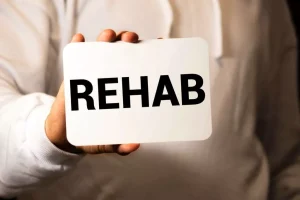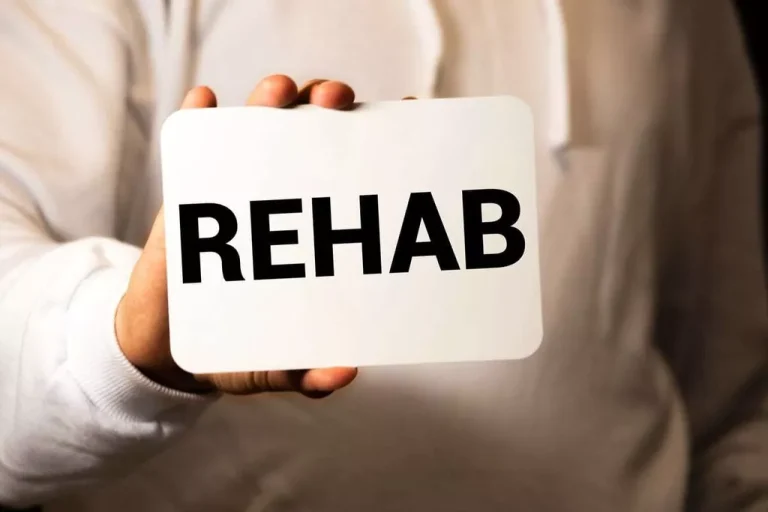What is a Halfway House? Benefits, Rules & Cost

While both are transitional housing solutions for people in early recovery, their clientele, structure, staff, and funding differ. Additionally, the number of federally approved halfway houses has declined in recent years. Back in the early 1900s, when a person received parole for good behavior, the court often ordered them to stay in one of these homes.
- Halfway houses enforce rules and guidelines, holding residents accountable for their actions.
- It advances research, data and design in the City’s program and policy development, service delivery, and budget decisions.
- People get free from the addiction, remain abstinent for a long time, and deal with underlying problems through ongoing therapy and monitoring.
- If you or a loved one is struggling with alcohol or substance misuse, American Addiction Centers can help you find treatment and understand post-treatment options such as halfway houses.
Your Addiction Doesn’t Have To Define Who You Are.

Most houses are forwomen or men only, so you do not live with people of the opposite sex. At the start of the 21st century, correctional populations reached record levels and were continuing to increase, and institutional overcrowding became epidemic in some jurisdictions. If you are looking for a halfway house or need Halfway House vs Sober Living more information about the process, it’s important to research and explore all available resources.
Compliance with Program Requirements:

Some halfway houses also require residents to work or seek gainful employment during their stay. In some cases, residents may be expected to contribute financially to cover rent and household expenses. It is important to note that specific halfway houses may have additional or different criteria for admission, so it is advisable to inquire with the specific facility for their specific requirements. Federal RRC residents3 are generally subject to two stages of confinement within the facility that lead to a final period of home confinement.

Your Journey To Recovery Starts Here
Referrals to other services can help people to access additional support, such as medical care or mental health care. These transitional opportunities aim to facilitate the transition to a healthy, law-abiding lifestyle, providing individuals with the necessary support and resources to navigate the challenges of their reentry journey. Residents of halfway houses have described deeply inadequate sanitation and disease prevention on top of the lack of social distancing. In the now-defunct Hope Village in Washington, D.C., residents reported packed dining halls, makeshift PPE, and restricted access to cleaning products and sanitation supplies.
Mental Health Support
Another facet of halfway houses is that some impose a curfew to show that the residents are well-rested and have a healthy sleep schedule. The key purposes of halfway houses are to help people remain sober, develop the required living skills, find stable accommodation and jobs, and ultimately get back into society as productive members. Those escaping difficult circumstances highly depend on halfway houses during rehabilitation. Staff may assist residents in getting a steady job through a network of local employers, private companies, local job fairs, and training seminars in resume writing and interview techniques.

